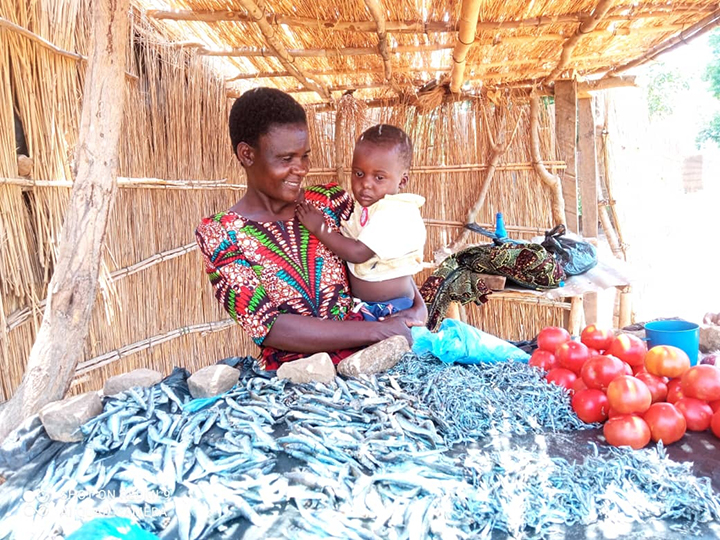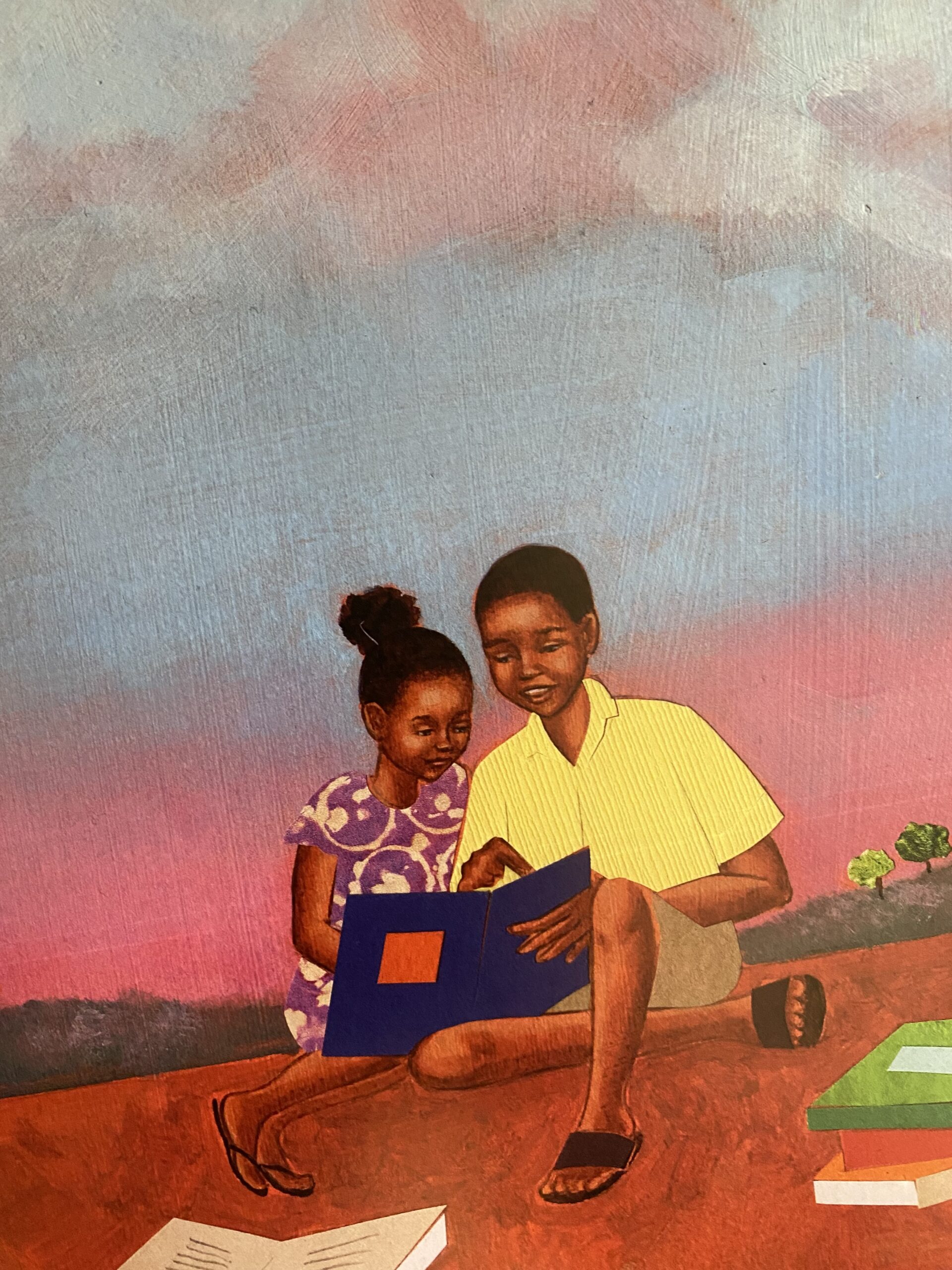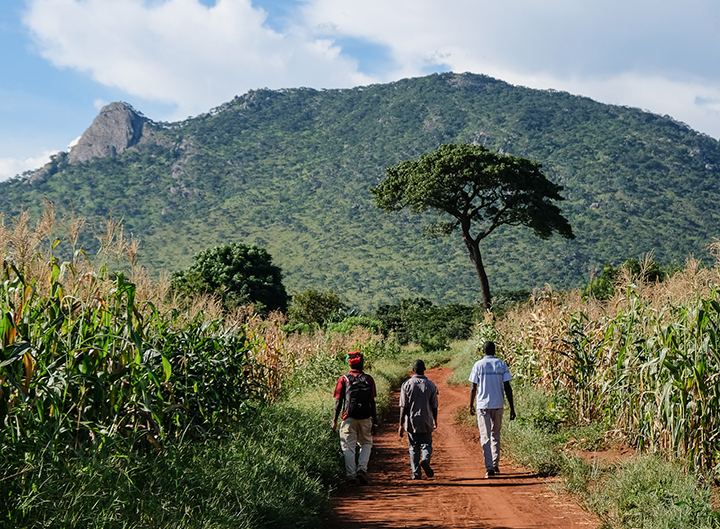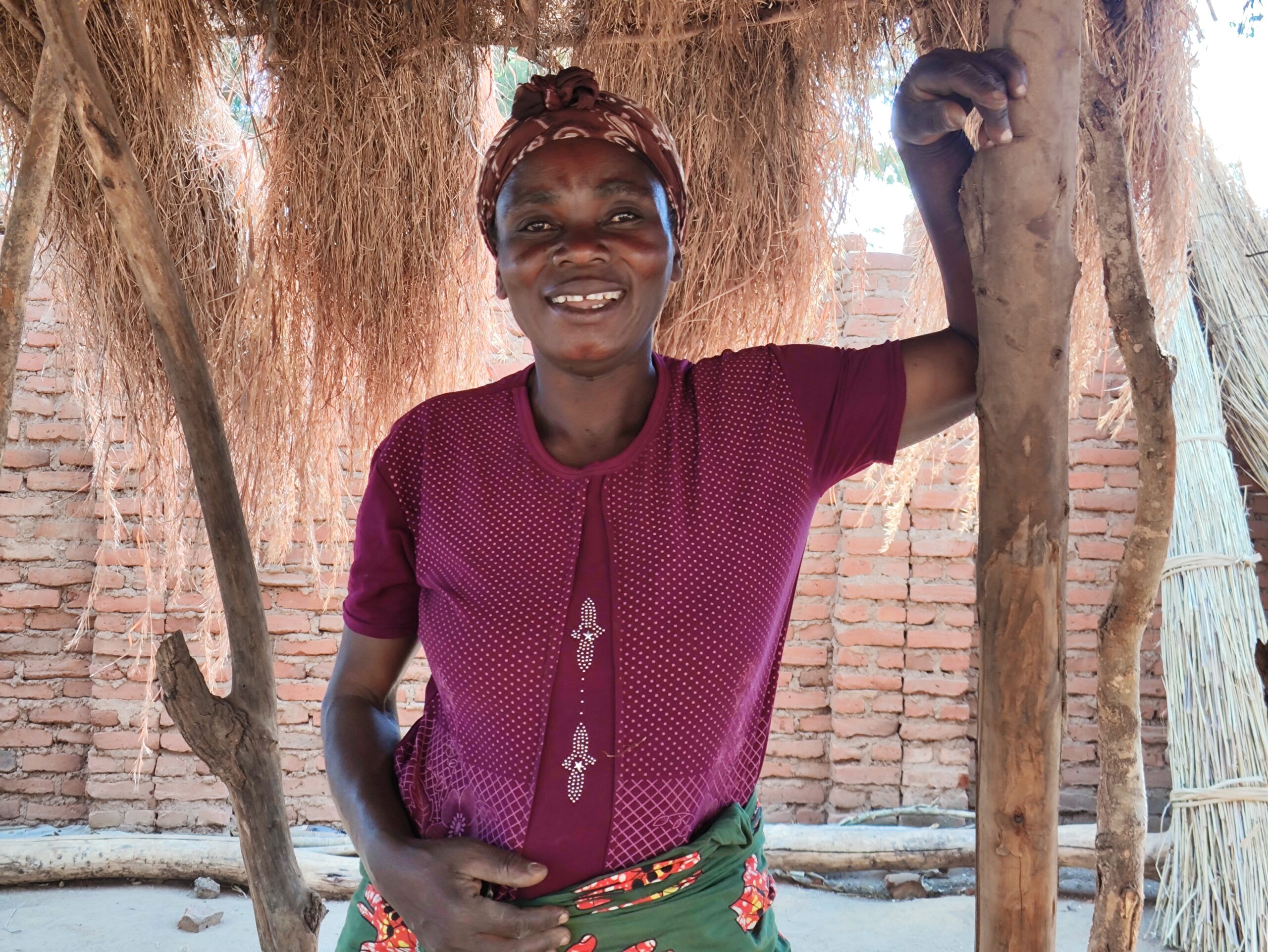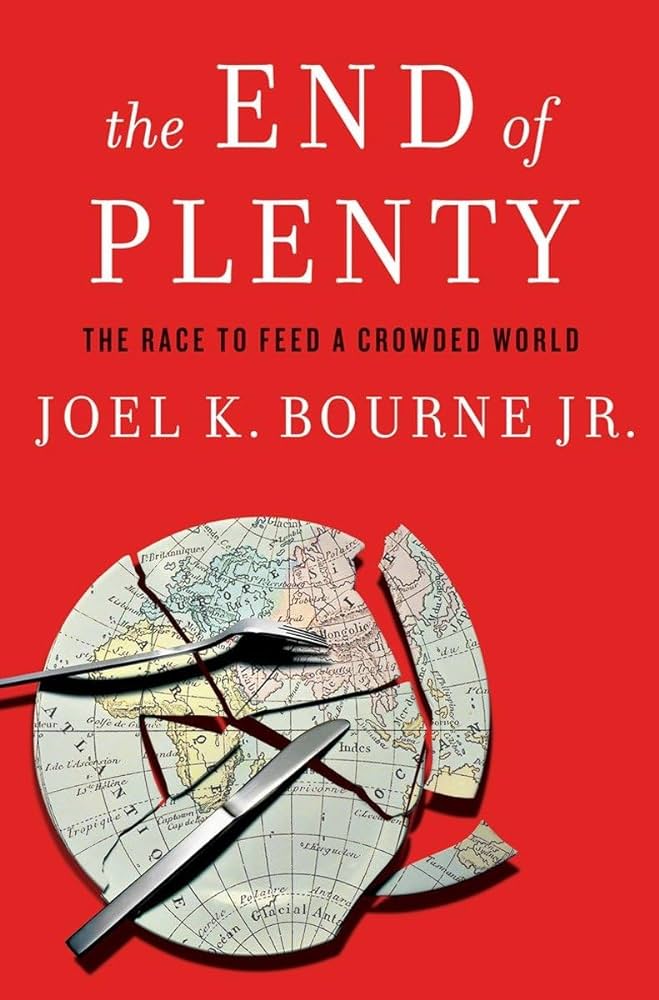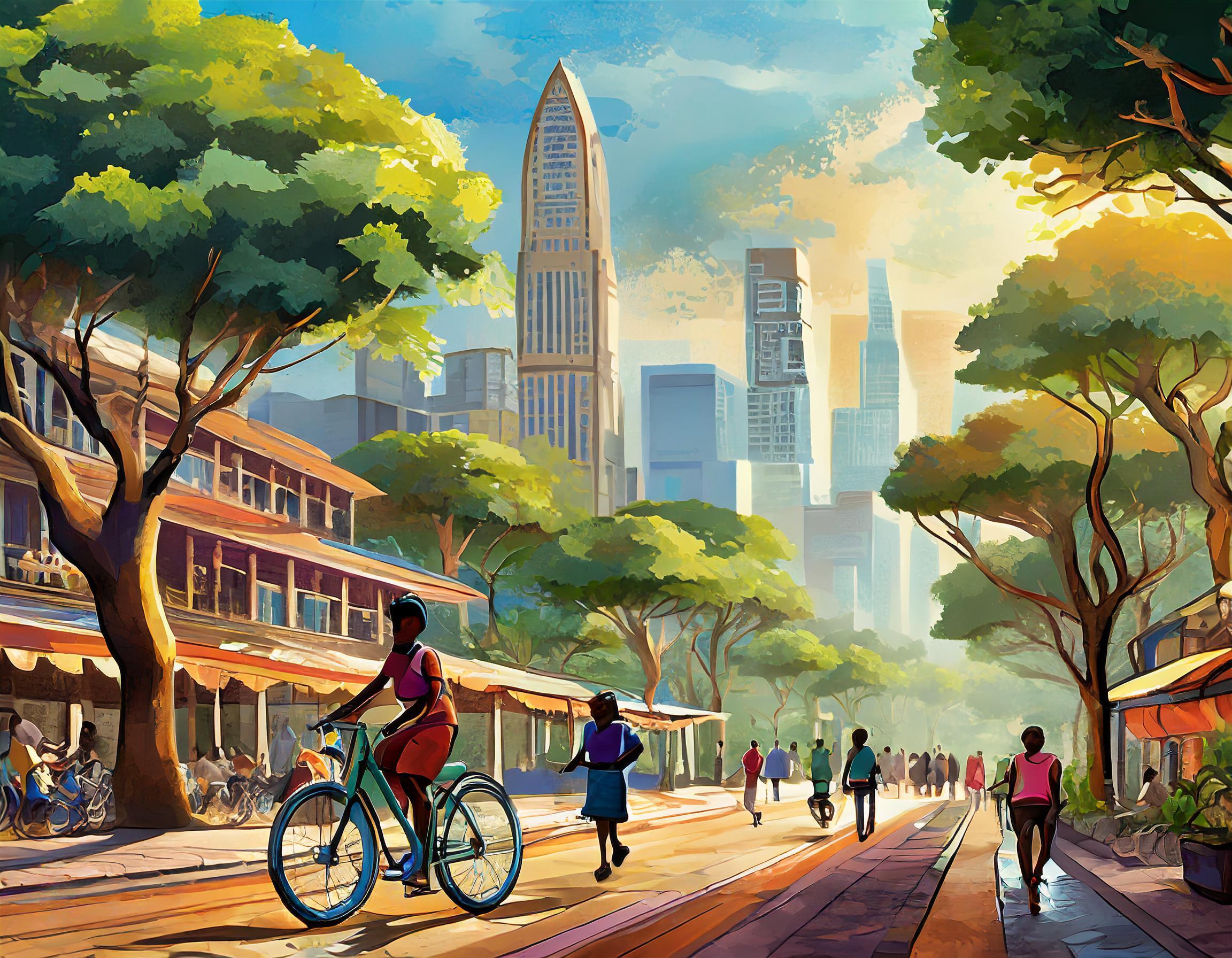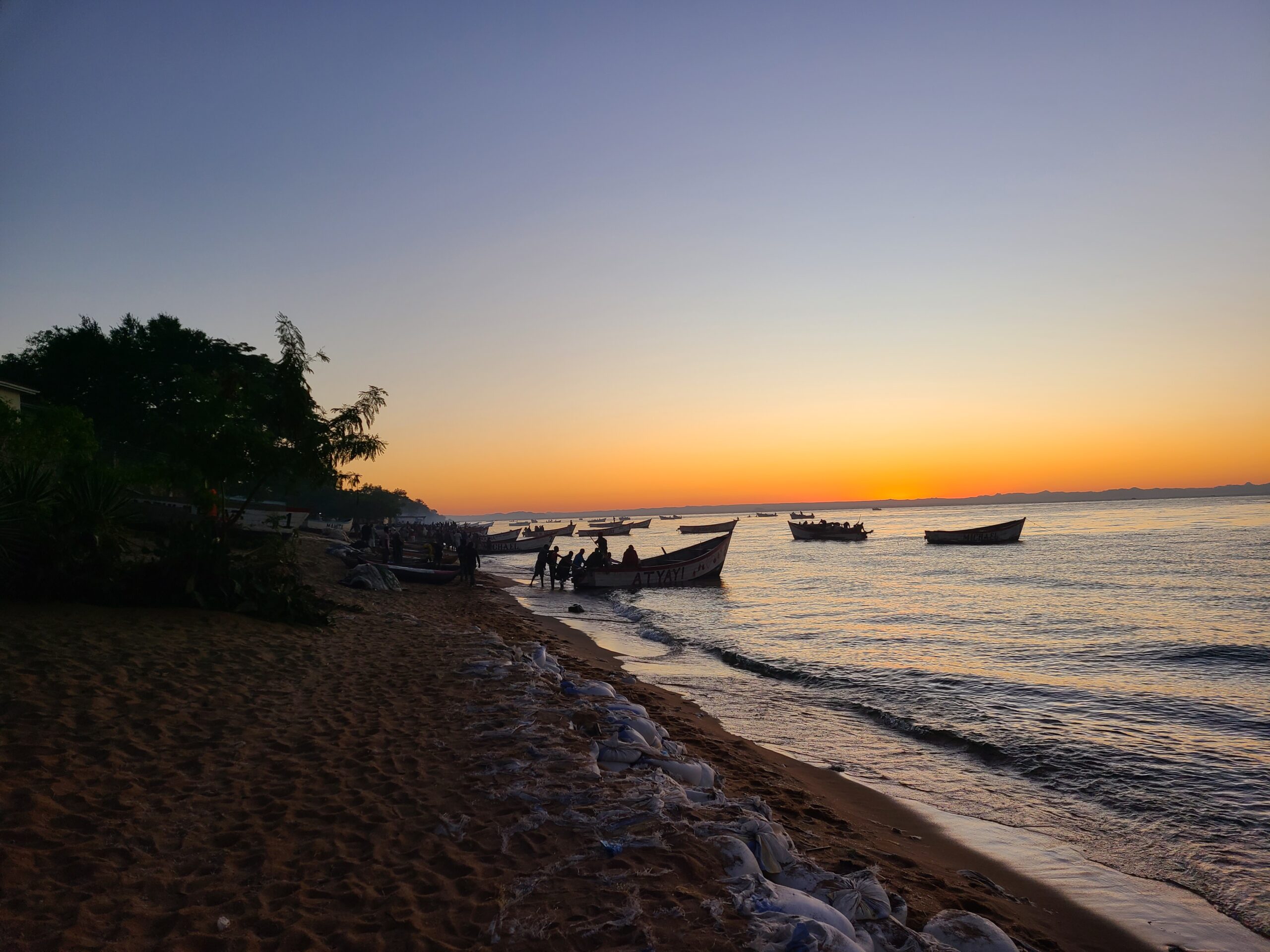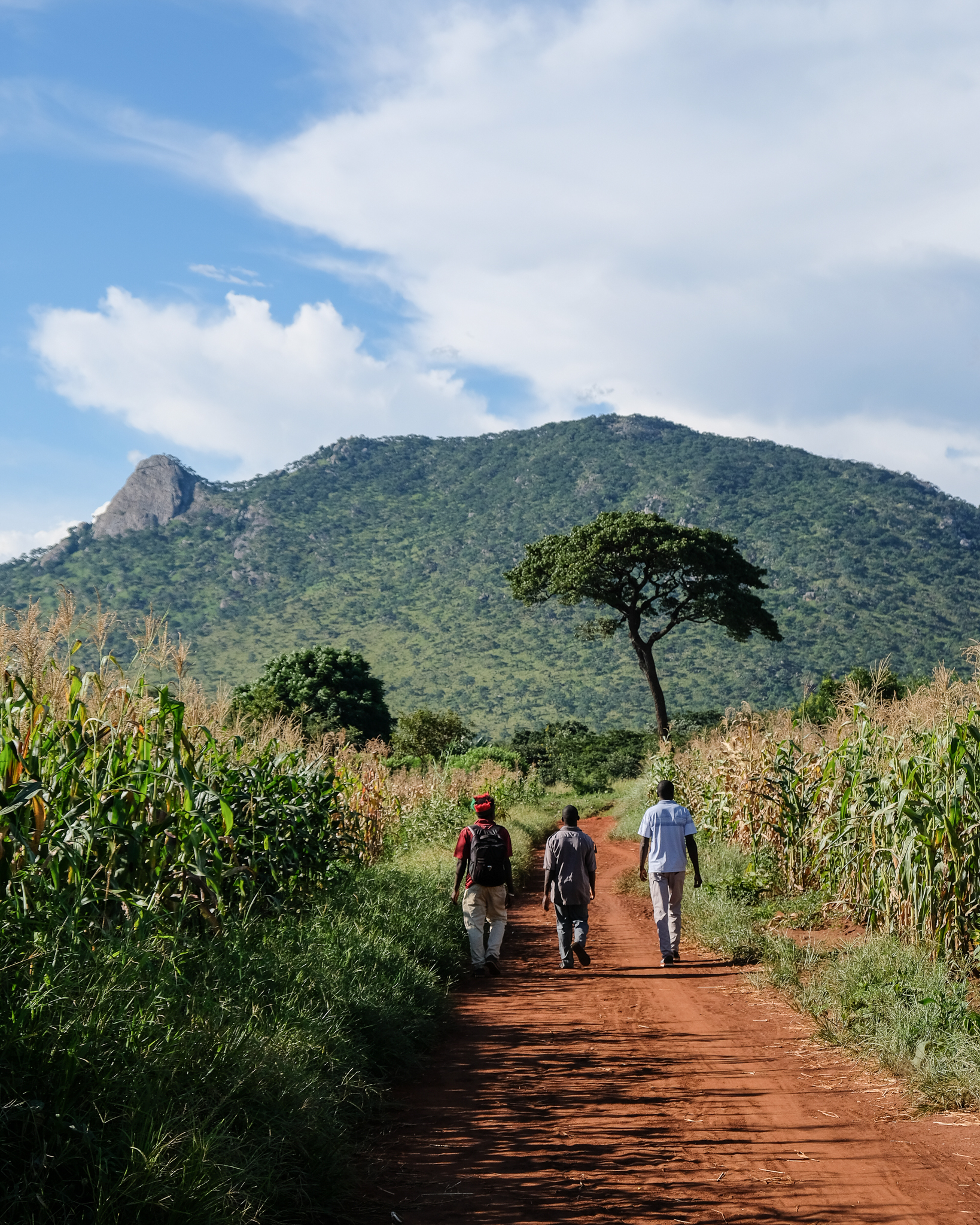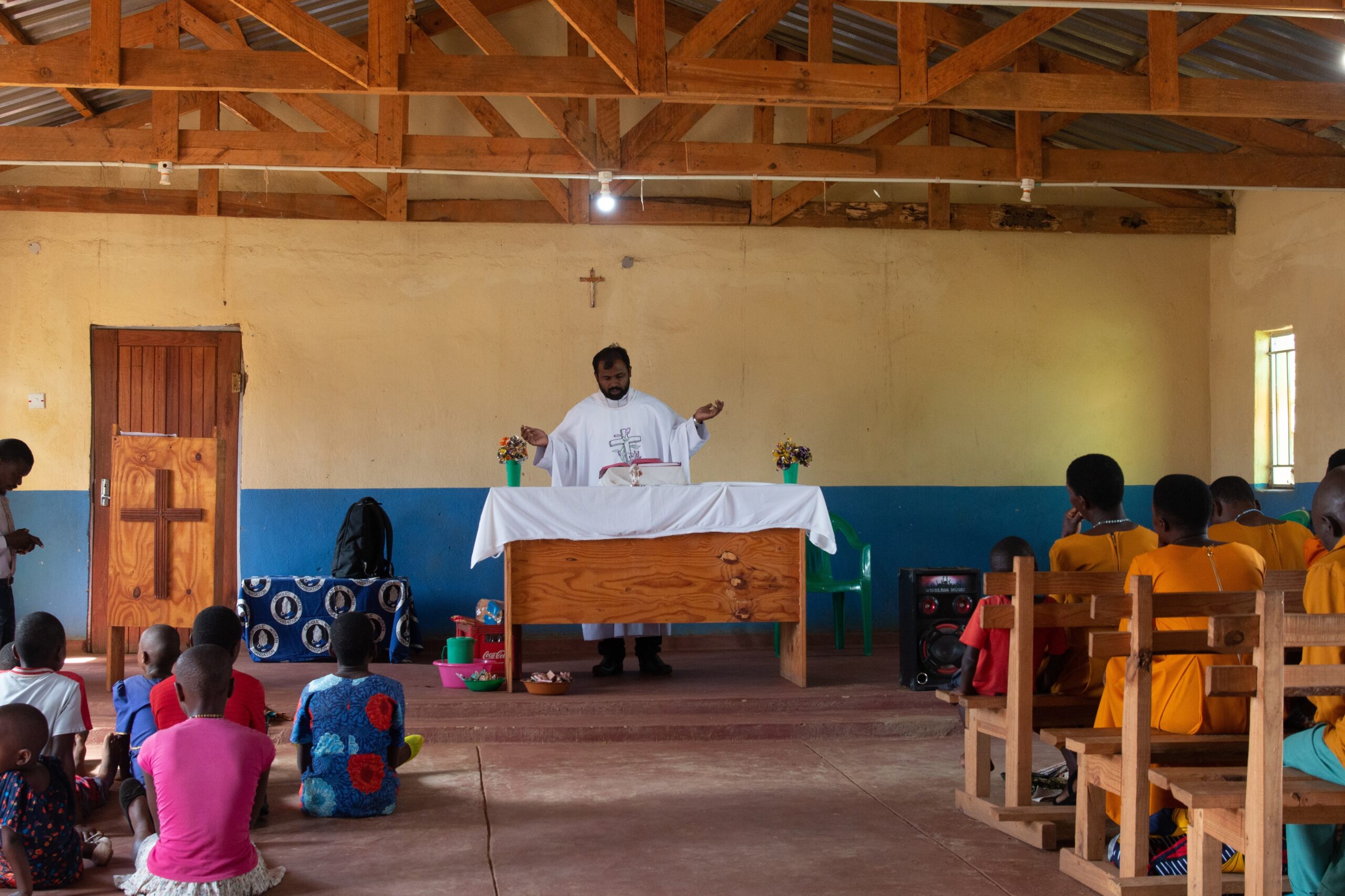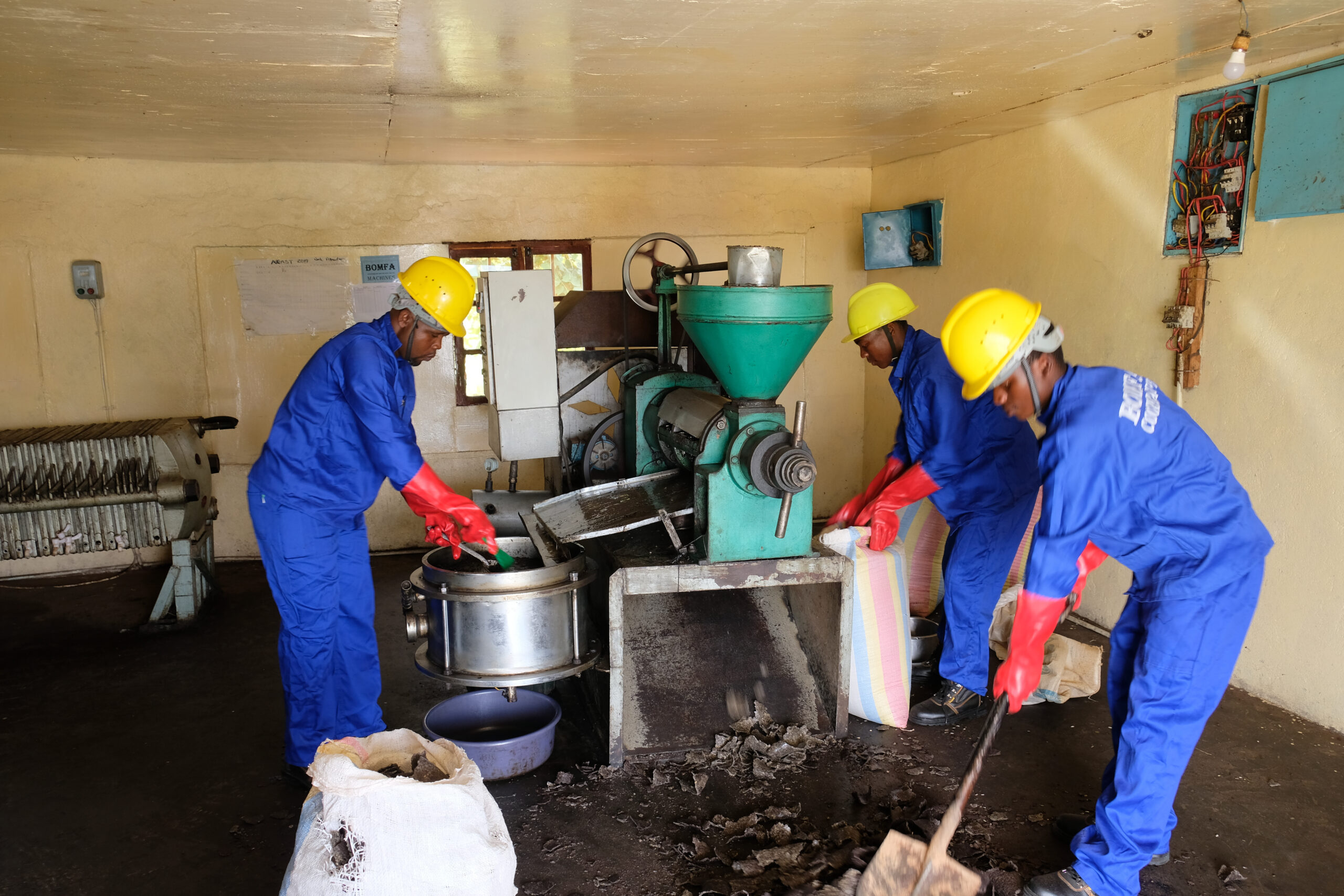Malawian culture has always been known as a treasure trove of wisdom, and proverbs being an integral part of our rich heritage. These timeless sayings have been passed on through generations, offering guidance, direction, and warnings that shape our values, beliefs, and daily lives. In our upcoming blog series, we will delve into the world of Malawian proverbs, exploring their meanings, contexts and significance. Read today's blog post which serves as an introduction to our journey.
A Celebration of Malawian Independence
July 6th is Malawi’s Day of Independence
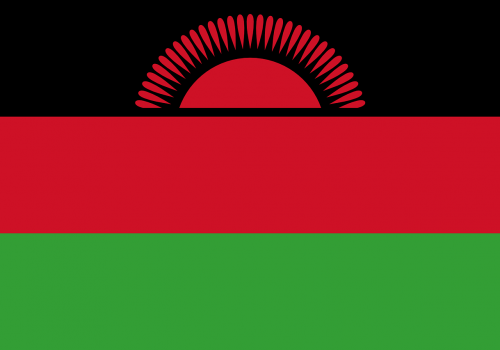
Malawi gained their independence from Britain in 1964
Malawi celebrates their independence from Britain every year on July 6. Malawi was an independent land for thousands of years, populated by native tribes including the San, Bantu, Yao, and Amaravi. Portuguese traders began exploring the area in 1616, and Scottish explorer David Livingstone was the first European to see Lake Malawi in the mid-1800’s. Britain sent a consul to the area in 1883, beginning the process of colonization. A few short years later, the land was formed into a British protectorate. In 1907, the British renamed the area Nyasaland for the Nyasa, “the people of the lake.”
The fight for Malawi’s independence
After several decades of colonial rule, the 1940’s brought to Malawi a thirst for freedom. The newly formed Nyasaland African Congress (NAC), later renamed the Malawi Congress Party, fought for independence from the British Empire. Thousands of people from across southern Africa joined the NAC. Soon after, a new leader emerged – Dr. Hastings Kamuzu Banda. Banda worked for Malawi’s independence and became the first Prime Minister of Malawi in 1963. A new constitution went into effect in 1964, and Malawi became a fully independent member of the Commonwealth on July 6, 1964. Banda ruled over Malawi for the next 30 years.
Malawi under multi-party democracy
Due to unrest in the country, the people of Malawi were given the chance to vote in 1993, and overwhelmingly voted in favor of a multi-party democracy. The first free and fair elections were held in May of 1994. Though there has been some political strife in the years following, Malawi remains a free democracy where people have the ability to vote, to work for their own interests, and to provide for their families.
A Celebration of Malawian Independence
On July 6, the people of Malawi celebrate their Independence Day, also known as Republic Day. It is a day filled with parades, parties, good food, and a celebration of Malawi. Most Malawians spend the day celebrating with friends and family, eating traditional dishes like grilled meats, thobwa, nsima, and futali. The flag of Malawi is hoisted and there are many patriotic speeches and political rallies.
Happy Independence Day, Malawi!
If you would like to learn more about the history of Malawi, visit our About Malawi page here.
The Orant Journal
As Big as the Sky Book Review
Read today’s blog about the children’s book, “As Big as the Sky”, a Malawian story about a brother and sister whose love for each other is as big as the sky.
Orant’s Values
“Orant respectfully serves and collaborates with our community in a sustainable way.”
The Village Chief’s Vital Role
Ever wondered why we always mention village chiefs and their involvement in Orant’s work? If yes, then today’s blog article is for you! In this article, we talk to Village Head of Kasese Village in Dowa, who tells us about her duties and why her involvement with Orant is important. Read today's blog article to learn more.
The End of Plenty Book Review
Recently, we read The End of Plenty by Joel K. Bourne Jr. An honest and sometimes scathing review of the Green Revolution, this book covers how monoculture crops have led to worsening hunger across the world. As the planet warms, the need is ever more urgent for us to find a solution to humanity’s desperate need to feed 9 billion people.
Urbanisation in Malawi: MW2063 Pillar #3
As we have discussed in some of our past blogs, Malawi Vision 2063 has three key pillars that guide the focus of the Vision. These three pillars are meant to build on each other to create the inclusively wealthy and self-reliant nation that they envision. In this blog, we will look at the third pillar of MW2063: Urbanisation.
Best Things to Do in Malawi
Whether you are planning an African trip or just curious about the things we love about Malawi, read today’s blog to see the best things to do in Malawi!
Holidays in Malawi
Holidays are here again and we are so excited! Most of our team is taking time off with their families and loved ones, so please enjoy this blog while we are away. Celebrate the holidays with us the Malawian way!
The Culture of Malawi: Malawian Religions
Introducing you to the culture of Malawi through a series of articles! The culture of Malawi is strong in spirituality and most people are active in religious groups. We’ll tell you about Malawi’s main religions and the people who practice them. Read on for more.
Industrialisation in Malawi: MW2063 Pillar #2
As we have discussed in some of our past blogs, Malawi Vision 2063 has three key pillars that guide the focus of the Vision. These three pillars are meant to build on each other to create the inclusively wealthy and self-reliant nation that they envision. In this blog, we will look at the second pillar of MW2063: Industrialization.

